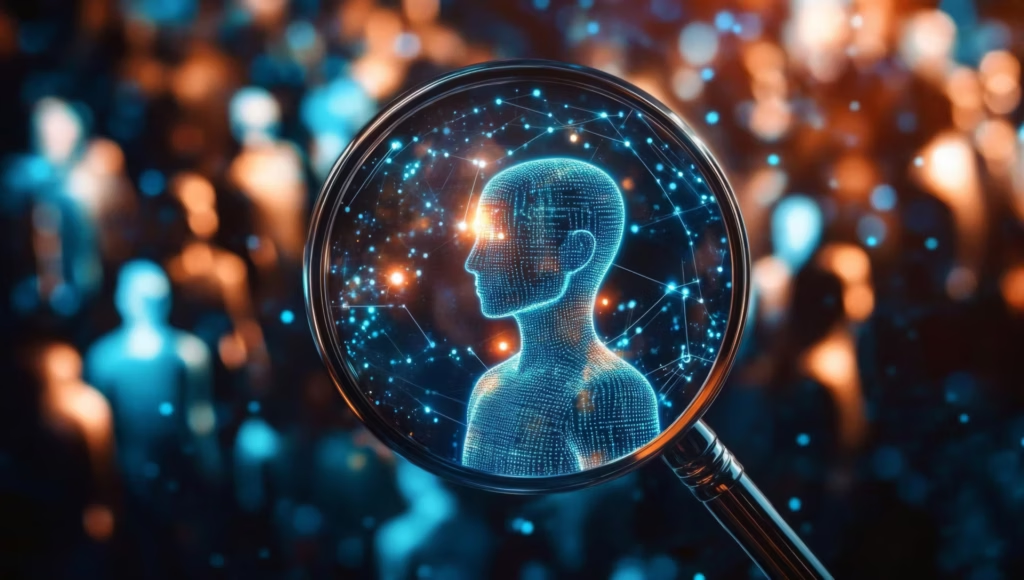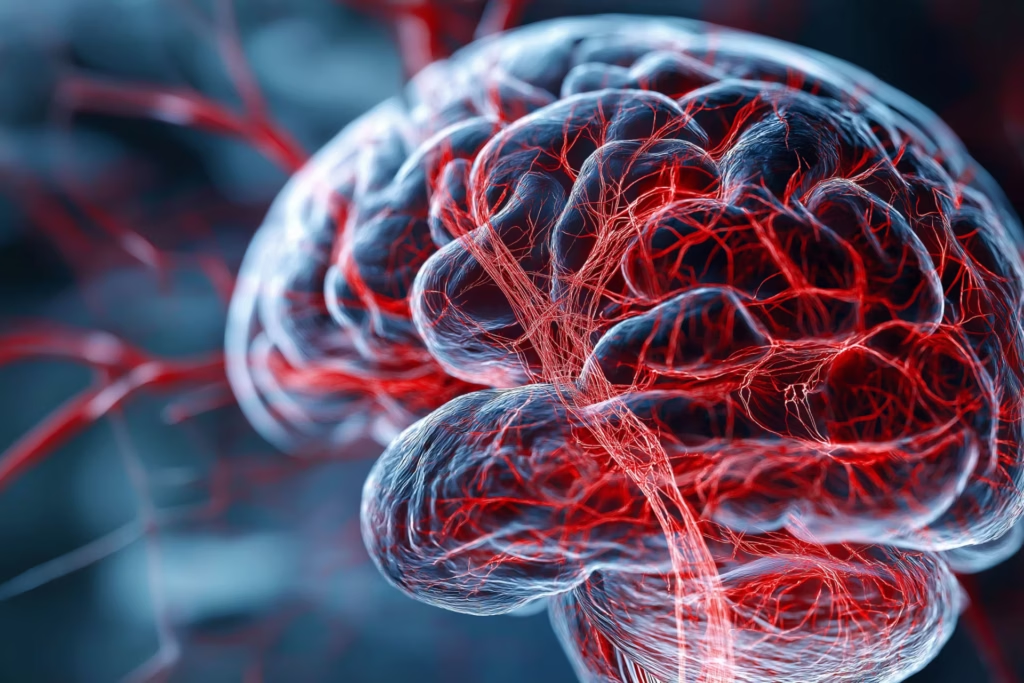touchLearning Activities
Education, Conference Coverage and Articles

As a touchNEUROLOGY Future Leader 2025, Dr Antonio Ciacciarelli shares what drew him to neurology, the lasting impact of mentorship, and why recent advances in stroke care are redefining outcomes. He reflects on the privilege of inspiring others, and the promise of neuroprotection as the next frontier in vascular neurology.

Emerging data at EAN 2025 reveals key innovations across multiple neurological disease areas. In this article, you will learn:
- Biomarkers are transforming dementia diagnosis with earlier and more accurate detection.
- CGRP-targeted therapies are advancing personalized migraine care.
- Wearables and digital tools are enhancing movement disorder monitoring.
- Data-driven decisions are improving stroke management and outcomes.
- Gene and molecular therapies are revolutionizing neuromuscular disease treatment.
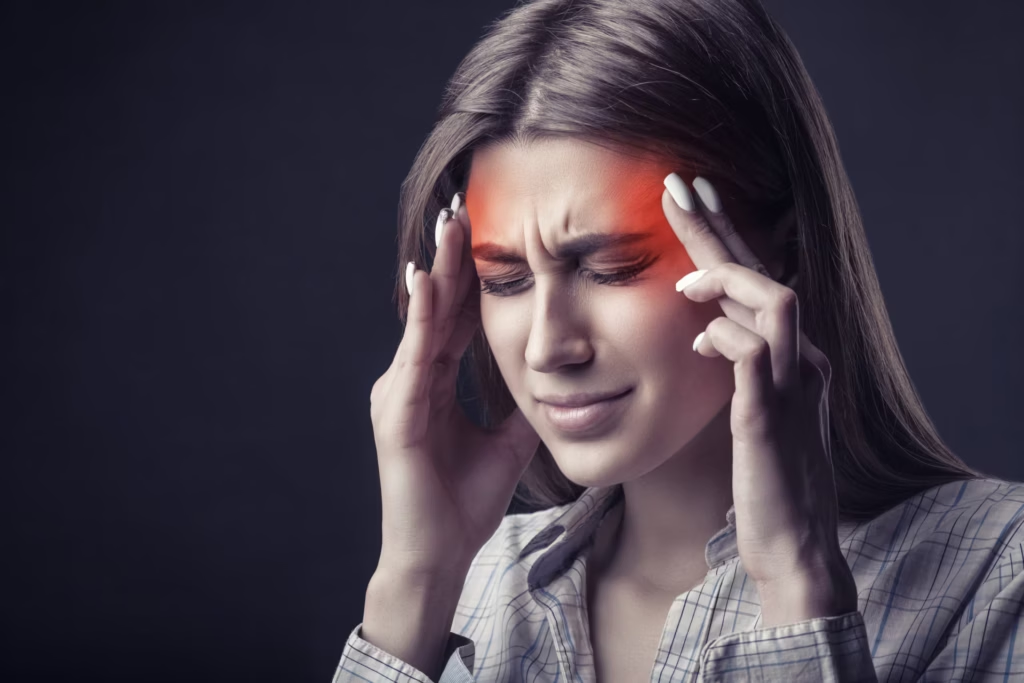
Despite advances in targeted therapies, migraine remains a significant clinical burden. In this Q&A, you will learn:
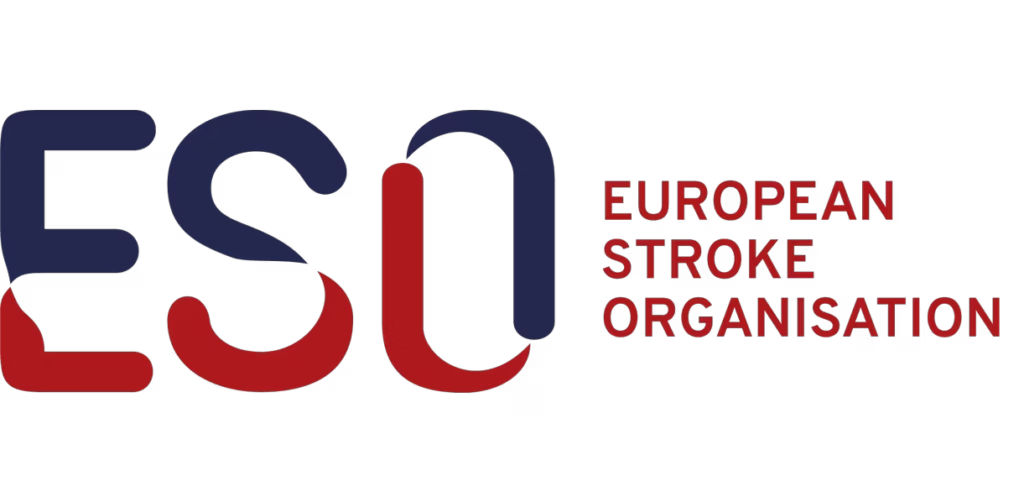
Prof. Simona Sacco outlines the European Stroke Organisation’s (ESO) strategic priorities to reduce disparities in stroke care across Europe. She discusses the transformative impact of the ESO East programme and the Stroke Action Plan for Europe (SAP-E), and also reflects on the increasing role of artificial intelligence (AI) in stroke diagnostics and treatment pathways.
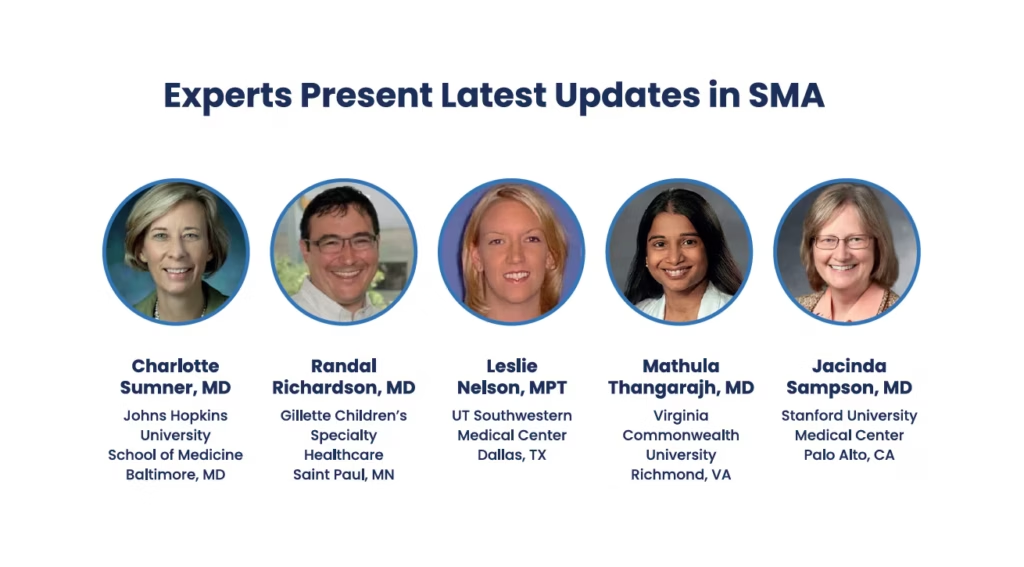
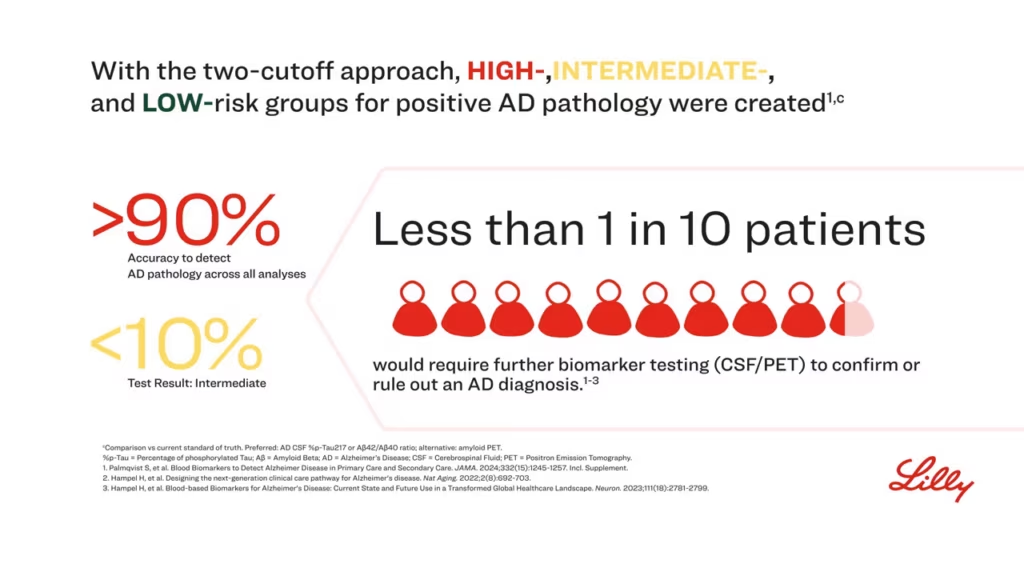
Watch leading experts discuss evolving fluid biomarkers for AD and assess current blood biomarkers for diagnosing AD in the clinic.
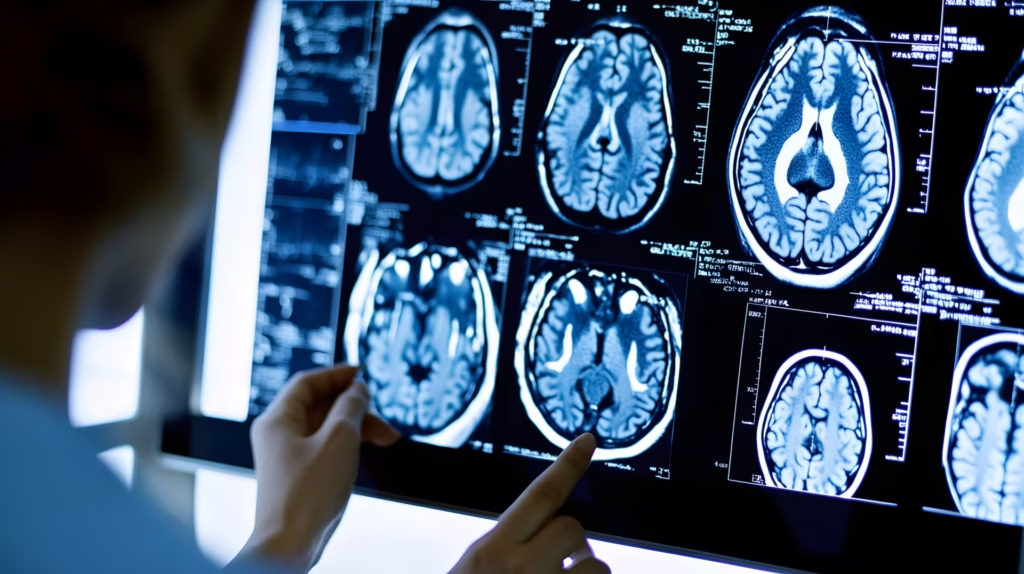
Dr Bedia Samanci is a 2025 touchNEUROLOGY Future Leader, and is already making a significant impact in the field of clinical neurology. In this Q&A we discuss advanced neuroimaging, biomarker discovery and the integration of machine learning into neurological diagnostics. Areas that promise to shape the future of patient care.

Prof. Michael Schöll joins us at EAN 2025, to discuss how plasma biomarkers are reshaping Alzheimer’s diagnostics, though not yet in routine clinical use.
In this Q&A, he explains the growing role of biomarkers like p-tau217 in MCI pathways, the challenges clinicians face without clear guidelines, and why blood-based and digital biomarkers, alongside new therapies, are the future of dementia care.

Dravet Syndrome UK has launched the Little Moments Matter Awards, a new programme that celebrates the healthcare, social care and education professionals whose dedication provides vital support to families living with Dravet syndrome. Nominations are open until 31 August 2025, and the winners will be announced at DSUK’s Professionals Conference in November.
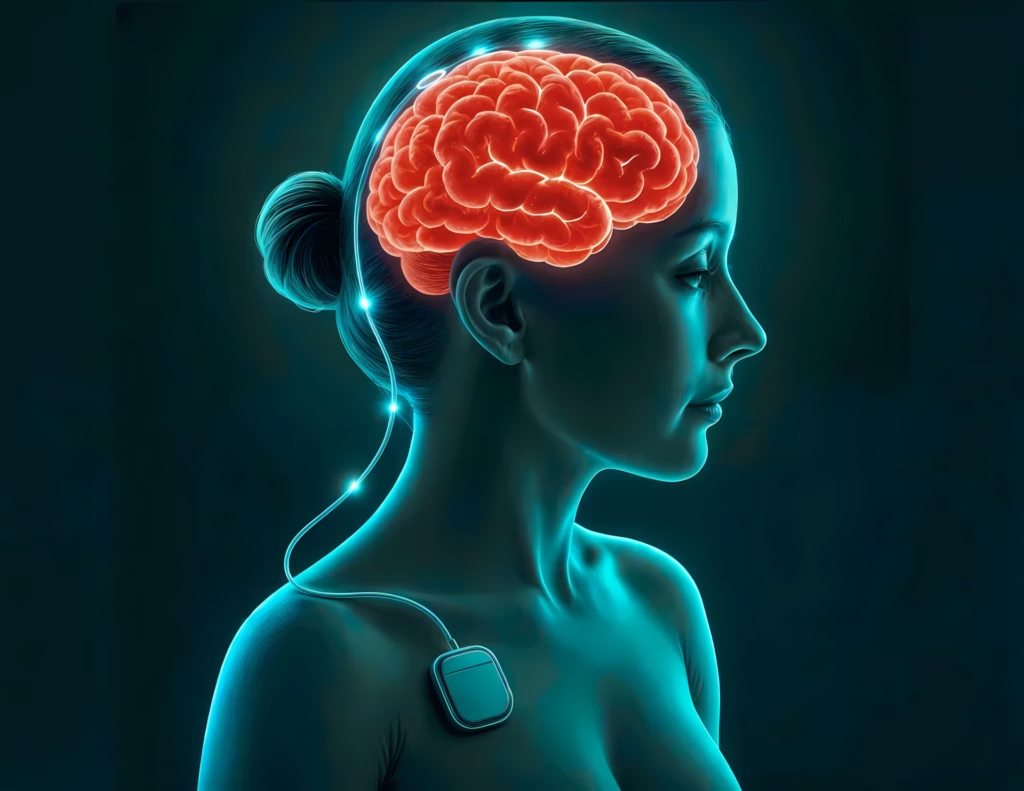
Prof. Joaquim Ferreira shares insights from EAN 2025 on the future of Parkinson’s disease care. He discusses realistic timelines for DMTs, the evolving role of gene therapy for genetic subgroups, and the potential of adaptive deep brain stimulation. Prof. Ferreira also highlights the growing importance of optimizing current treatments, interdisciplinary care, and addressing persistent challenges such as gait disturbance, dyskinesia, and cognitive decline.

At EAN 2025, Prof. K. Ray Chaudhuri shares insights into cutting-edge Parkinson's drug delivery methods, the future of biomarker-driven care, advances in managing sleep disturbances, and the vital role of lifestyle modifications in optimizing patient outcomes.
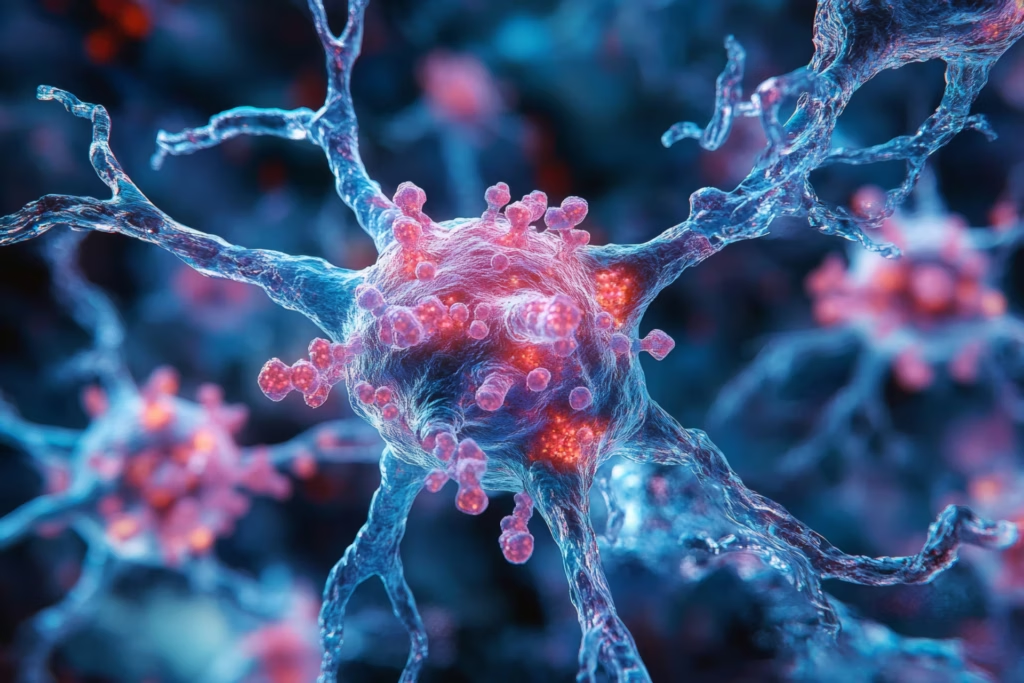
Prof. Bengt Winblad shares insights EAN 2025 on the evolving landscape of Alzheimer’s diagnosis and treatment. He discusses the growing role of biomarkers, the balance between early detection and clinical accuracy, and the challenges posed by the COVID-19 pandemic on dementia care. Prof. Winblad also explores emerging therapies, including monoclonal antibodies, and highlights the importance of combining biomarkers with cognitive testing to improve diagnostic precision and address the rise in undiagnosed cases post-pandemic.
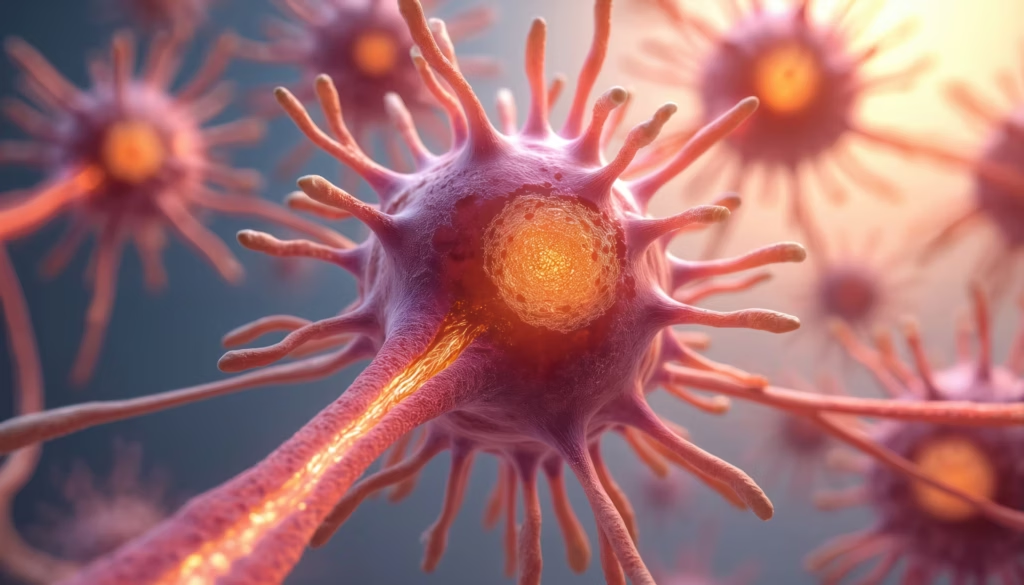
At EAN 2025, Prof. Moccia shared his perspective on the evolving multiple sclerosis McDonald criteria, the role of advanced imaging and fluid biomarkers, and the exciting innovations reshaping MS diagnosis and management.
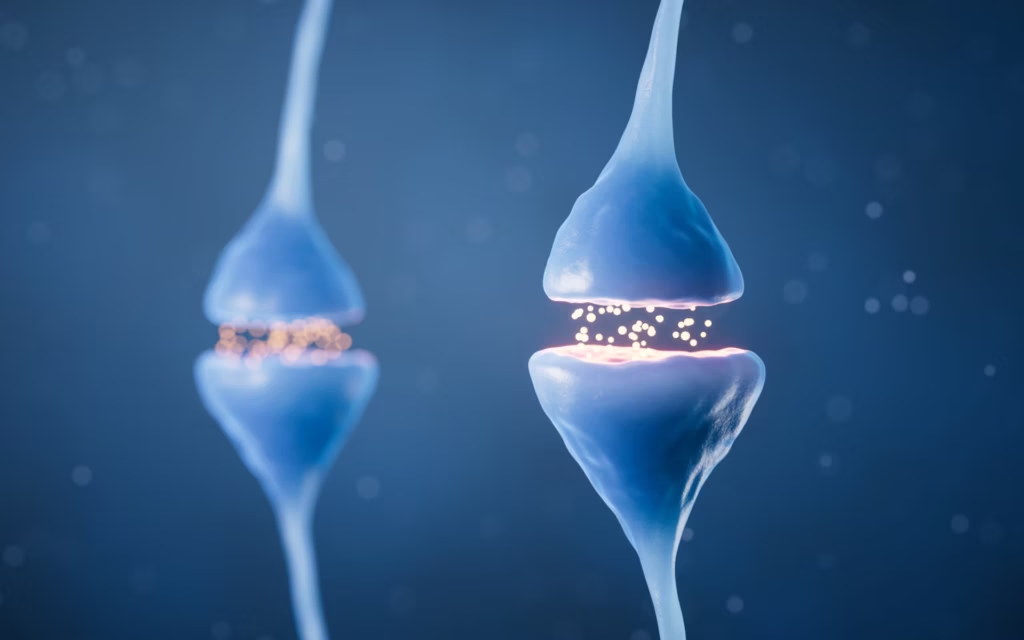
"Continued support for research, and for the patients themselves, is absolutely critical. I’m grateful for the opportunity to help bring some of this work to light." Dr Anissa Abi-Dargham is Chair of Psychiatry and Behavioral Health at the Renaissance ...

Physician burnout is at a critical point. In this episode, Nicky speaks with Dr Alfred Atanda about why so many physicians are burning out and what can be done to change the trend. From personal experience to system-wide solutions, Dr Atanda shares valuable insights on improving physician well-being and building a more effective healthcare culture.
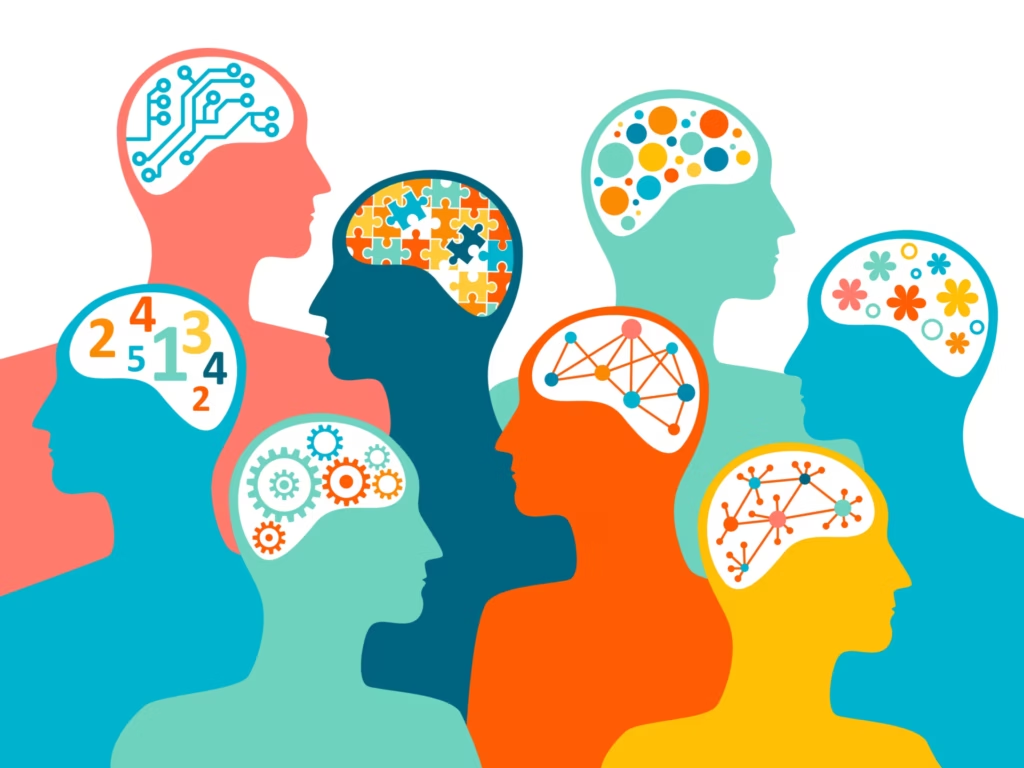
“Your brain thrives on connection; meeting people, interacting and sharing ideas is vital for not only your individual brain health but also our species survival” In this inspiring conversation, and as part of touchNEUROLOGY’s Future Leaders 2025 series, we speak ...

 touchNEUROLOGY
touchNEUROLOGY
Register Now!
Explore the latest in medical education and stay current in your field. Create a free account to track your learning.
- Save your progress for video
- Keep track of your CME credits
- Add personalised learning notes
- Receive updates from course leaders and faculty
- Be the first to hear about new and exciting interactive learning opportunities
Latest articles videos and clinical updates - straight to your inbox
Log into your Touch Account
Earn and track your CME credits on the go, save articles for later, and follow the latest congress coverage.
Register now for FREE Access
Register for free to hear about the latest expert-led education, peer-reviewed articles, conference highlights, and innovative CME activities.
Sign up with an Email
Or use a Social Account.
This Functionality is for
Members Only
Explore the latest in medical education and stay current in your field. Create a free account to track your learning.

